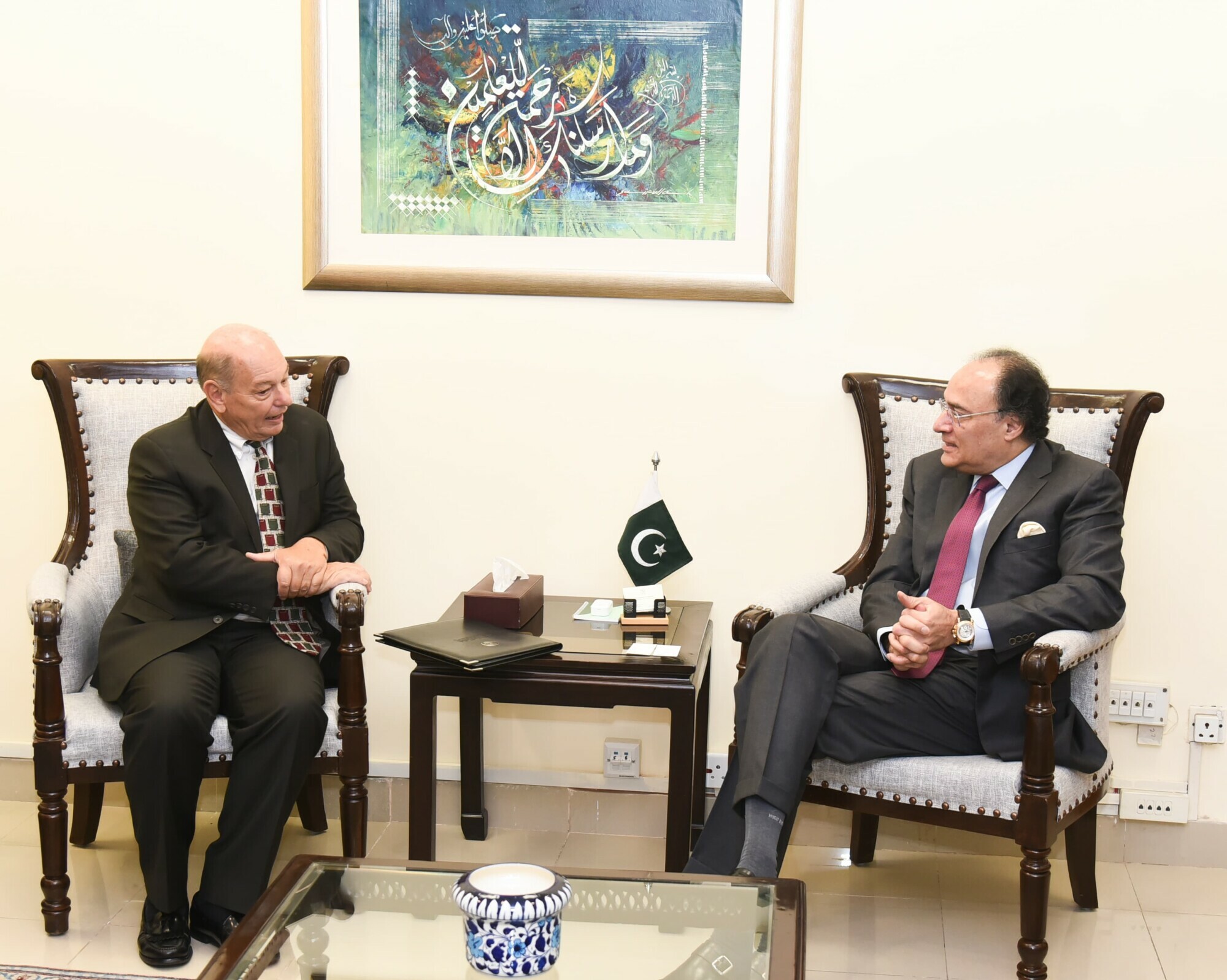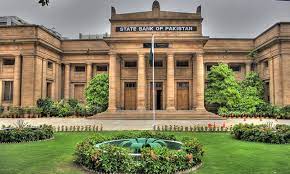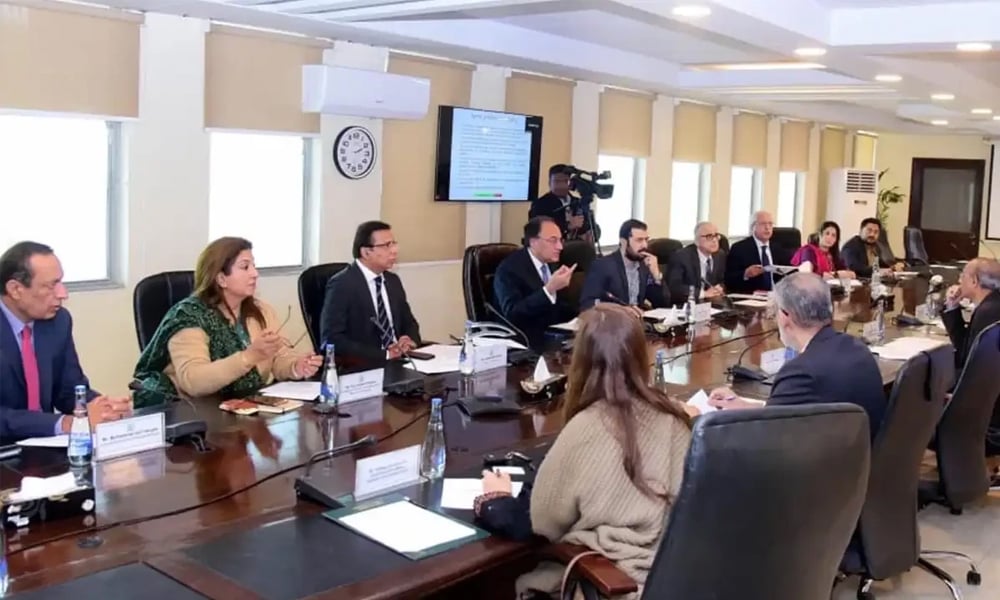high-ranking officials from the United States and Pakistan convened to discuss the establishment of a commodities market in Pakistan. The pivotal meeting, which took place between Muhammad Aurangzeb, Federal Minister for Finance and Revenue of Pakistan, and Kevin Piccoli, Deputy Director of the Office of International Affairs at the US Commodity Futures Trading Commission (CFTC), marks a significant step towards developing a robust commodities market in Pakistan.
The meeting also saw the participation of Akif Saeed, Chairman of the Securities and Exchange Commission of Pakistan (SECP), along with senior officials from Pakistan’s Finance Division and representatives from the US Embassy in Pakistan. According to a statement released by the Finance Division, the discussions centered on the critical role that an agricultural commodities market could play in Pakistan’s economy and explored potential collaboration between the SECP and CFTC.
The statement highlighted that the focus of the meeting was on the ongoing series of capacity-building training sessions designed to develop a commodities futures market in Pakistan. These sessions are aimed at improving regulation and oversight, which are essential for establishing a well-functioning commodities market. The collaboration between the SECP and CFTC is seen as a strategic move to enhance Pakistan’s capabilities in managing and regulating commodity trading.
During the discussion, Finance Minister Muhammad Aurangzeb expressed strong support for the initiative. He underscored the importance of agriculture in Pakistan’s economy, noting its substantial contribution to the country’s GDP. Aurangzeb emphasized that both agriculture and information technology (IT) are fundamental to Pakistan’s economic structure and growth.
“The backbone of our economy rests on agriculture and IT,” Aurangzeb stated during the meeting. He highlighted that IT plays a crucial role in Pakistan’s economic framework, asserting its status as a major driver of economic development. This assertion reflects the government’s recognition of the dual importance of these sectors in supporting economic stability and growth.
Aurangzeb also provided insights into the recent performance of Pakistan’s economy. He reported that for the fiscal year 2024, Pakistan’s economy grew by 2.38%. Notably, agriculture emerged as a significant driver of this growth, achieving an impressive 6.25% growth rate. This surge was attributed to the double-digit growth in the output of major crops, underscoring the sector’s vital role in Pakistan’s economic progress.
The Finance Minister further elaborated that both the agriculture and IT sectors in Pakistan are primarily driven by domestic factors. He viewed the consistent and healthy growth in these sectors as a positive sign, particularly with regard to their export potential. This growth is seen as a stabilizing factor for the national economy, providing a strong foundation for future economic development.
The establishment of a commodities market in Pakistan is expected to enhance the country’s ability to trade and manage agricultural products more effectively. By collaborating with the CFTC, Pakistan aims to leverage international expertise in developing a regulated and efficient market framework. This initiative is anticipated to improve market transparency, foster investor confidence, and contribute to the overall stability of Pakistan’s economic environment.
The role of agricultural commodities in Pakistan’s economy cannot be overstated. Agriculture is not only a significant contributor to GDP but also a major source of employment and livelihoods for millions of Pakistanis. By developing a commodities market, Pakistan seeks to optimize the trading of agricultural products, potentially leading to better price discovery, reduced market volatility, and increased investment in the sector.
The collaboration with the CFTC is part of a broader effort to modernize Pakistan’s financial and regulatory infrastructure. The CFTC, as a leading regulatory body in the US, brings valuable experience and best practices to the table. This partnership is expected to facilitate knowledge transfer and capacity building, which are crucial for establishing a robust commodities market.




